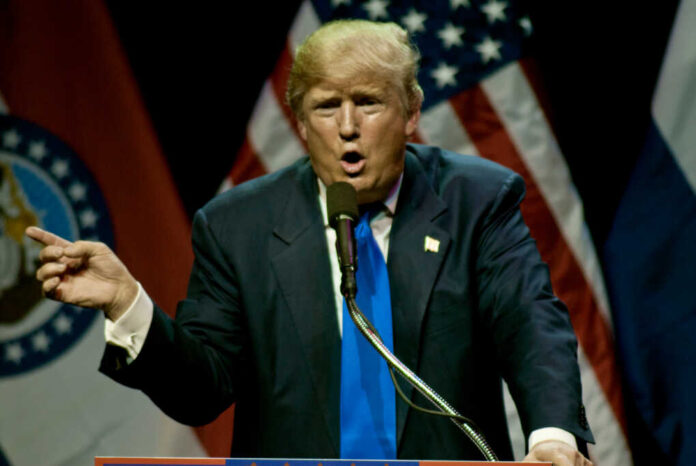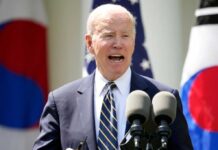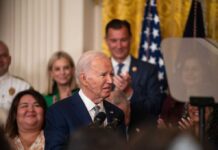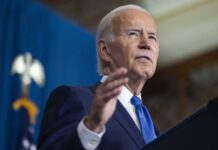
The Washington Post has recently been criticized for a piece suggesting that Donald Trump, if elected in 2024, would become the “oldest president,” despite the fact that President Joe Biden is already older and would continue to serve at an even older age if re-elected.
The article, titled “Donald Trump, potential future oldest president, turns 78,” appeared on Trump’s birthday. The Washington Post highlighted Trump’s age and included comments from “experts on aging” who expressed concerns about his fitness for office. The piece, however, failed to adequately compare Trump’s age and capabilities with those of Biden, who will turn 82 shortly after the 2024 election.
According to recent polls, voters have significant concerns about Biden’s mental and physical fitness. A Marquette Law School poll revealed that 79% of respondents felt Biden was too old to be president, compared to 54% for Trump. Another poll by Pew Research showed that 62% of voters doubted Biden’s mental fitness, while 65% questioned his physical fitness. Trump fared better in these areas, with 48% of voters expressing doubts about his mental fitness and 39% about his physical fitness.
Despite these findings, The Washington Post framed the issue in a way that seemed to downplay Biden’s age and overemphasize Trump’s. The article suggested that Trump would eventually become the oldest U.S. president if elected, ignoring that Biden is currently the oldest sitting president.
The narrative that Trump’s age is a significant concern appears to be part of a broader effort to shape voter perceptions rather than reflect them accurately. Critics argue that the media, including The Washington Post, is engaging in “gaslighting” by focusing on Trump’s age while ignoring Biden’s advanced years and related challenges.
As the 2024 election approaches, the debate over the candidates’ ages and fitness for office will likely intensify. However, it is essential for media outlets to present a balanced view that considers the capabilities and health of both candidates.














